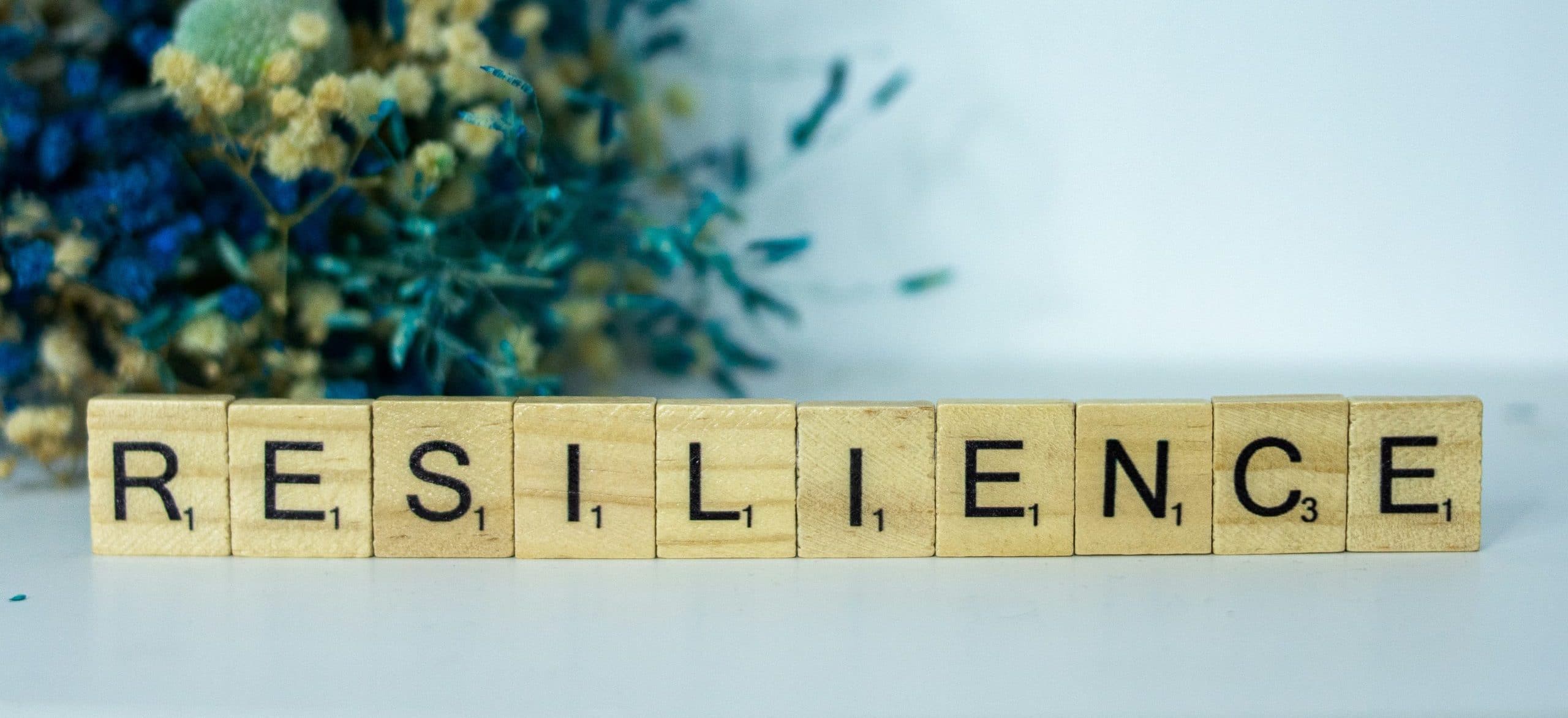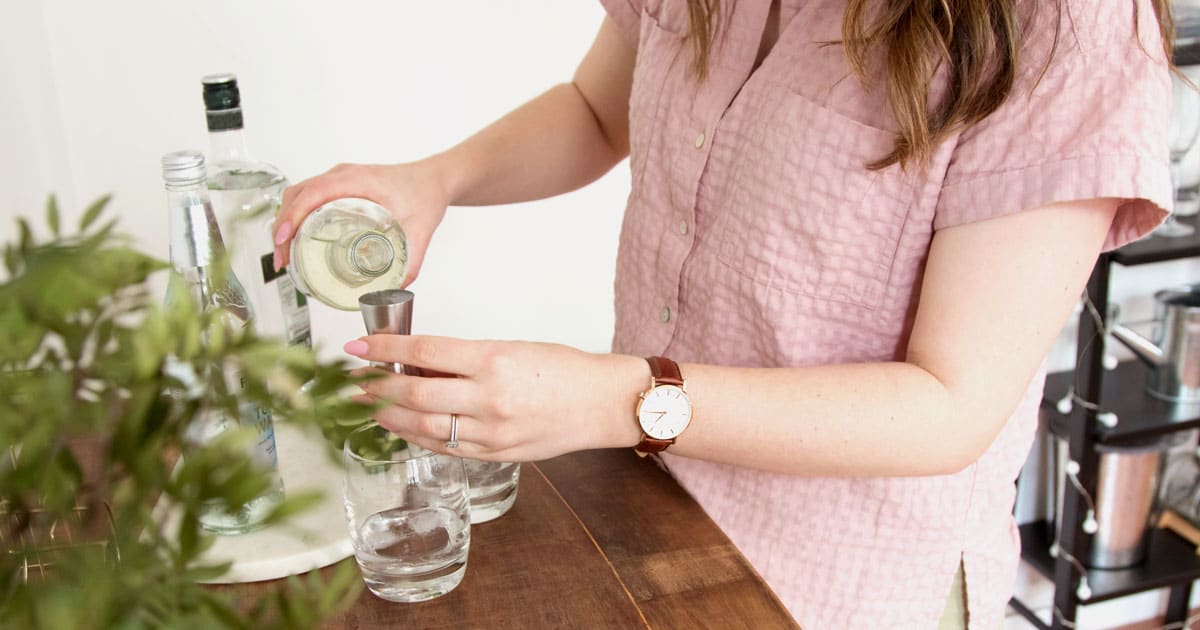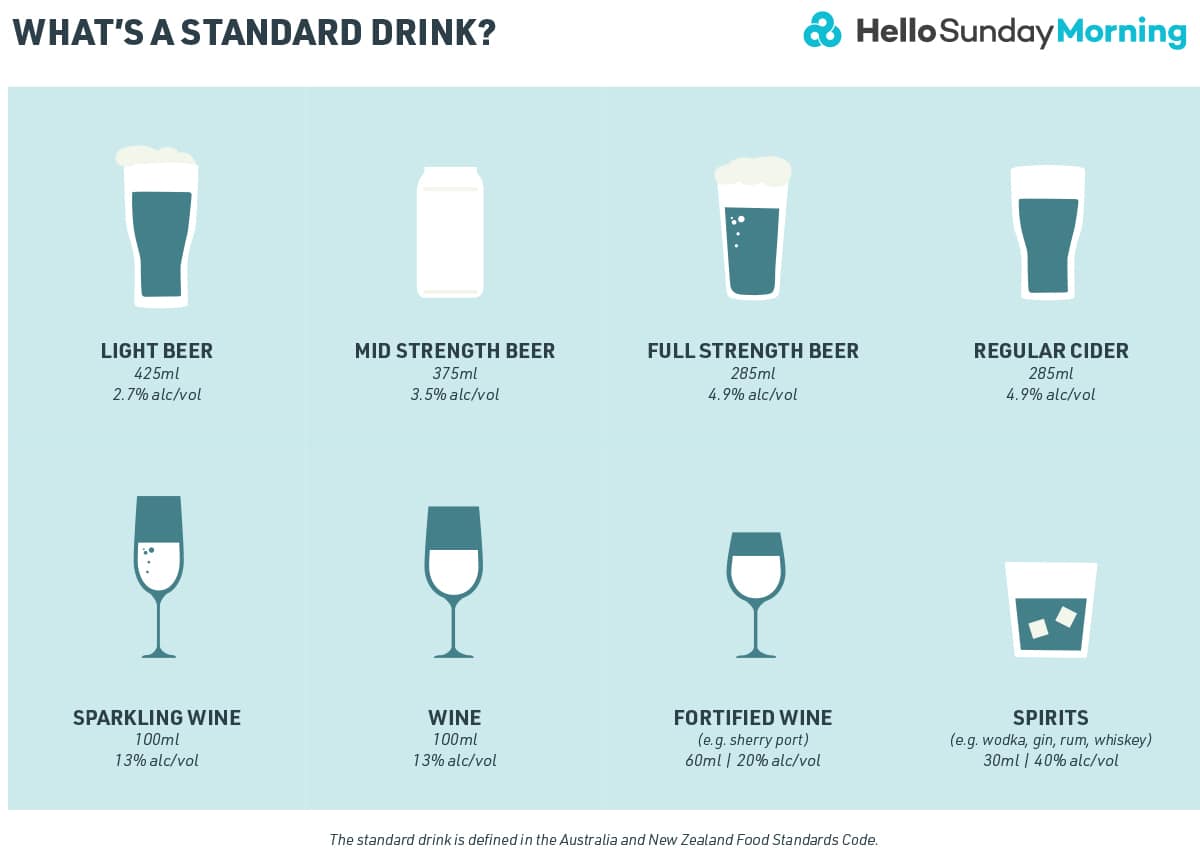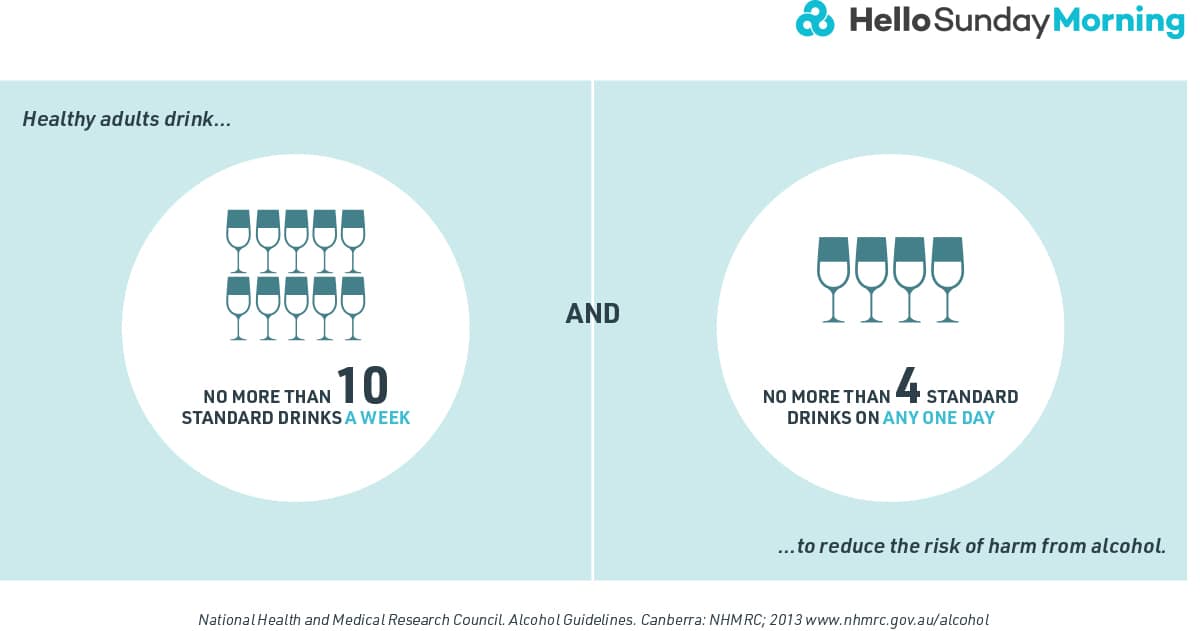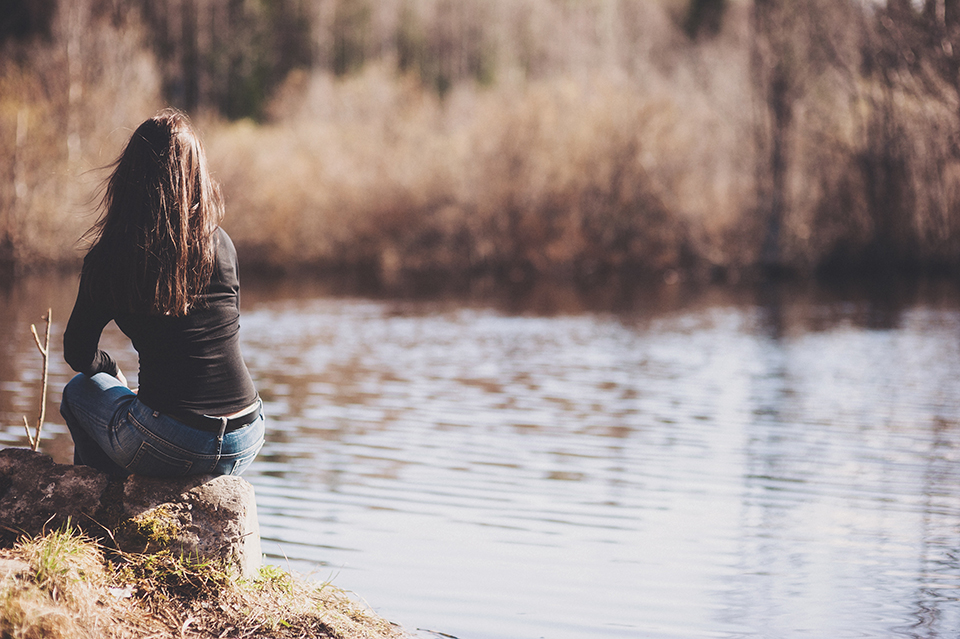This week’s guest blog is from Hannah Rodger, a sales director in the recruitment industry – one of many high-pressure industries where there is social pressure to drink. She shares some insights into her journey of 18 months of sobriety and the questions she gets asks, and asks herself.
Am I an alcoholic?
I had a thought provoking conversation with a recruitment industry leader I have a huge amount of respect for this week. He asked me how my sobriety was going and told me he has had a 6 week break from booze, as he does every year…
‘But are you an alcoholic? Would you describe yourself as an alcoholic?’
Why is that the question everyone asks? It doesn’t offend me, I’m happy and proud to say I choose to live without drinking a highly addictive poison that is dressed up in prettily labelled bottles and sold to us as ‘happy juice’. I never knew whether I would just have 1 and go home or have 10 and share too much with people I don’t know. I became addicted to an addictive substance. Slowly, over a long number of years. Then I stopped.
“I would say that in my recruitment career, I believe that any one time, 10% of my staff are problem drinkers, although I see it less in millennials.’
I thought, and those are just the ones you know about. The ones who show visible signs of wear and tear. There will be others struggling in silence, maybe not even seeing themselves as having a problem with alcohol. High functioning, flying under the radar but full of anxiety, self-confidence issues and almost certainly letting themselves down in at least one area of their lives. They probably don’t relate their evening glass of Shiraz with the overwhelm they feel getting into the office the next day. Or the weekly blowout with their lack of ability to deal with feedback the next Tuesday. They don’t have a ‘problem’.
So who is an alcoholic?
What about the ones who don’t drink all week but go home and get smashed at the weekend, and turn up to work on Monday ready to do it all again. Are they alcoholics?
Or the ones who hardly ever drink, but when they do they go hard and everyone has a good laugh at what they did on the team night out. Are they alcoholics?
Or the CEO who incentivises his team with a boozy trip away, but then reprimands or fires one of them for drinking too much and getting into trouble on said trip. Is he an alcoholic?
The word alcoholic has connotations that we don’t like in the recruitment industry – we demonise it. It feels dirty and shameful. It’s not so much that it evokes images of someone who doesn’t have it together; the homeless man asleep in his own urine, the woman who’s mumbling to herself in the supermarket with a basket full of biscuits – although it most certainly does that. In recruitment, I’ve heard a lot of us joke that we are high functioning alcoholics and that’s ok. We need the booze to cope with our stressful jobs right?! It’s almost like we don’t want to say the word because we might have to take a look at our own habits and change something. If a candidate told you they were an alcoholic you wouldn’t put them forward for roles, I guarantee it, however smartly they dressed or how well they presented.
In context of my conversation with this leader, we expressed a mutual understanding that mental health needs to be talked about more and the link between alcohol and mental health is undeniable. I hope to continue this discussion to open up the dialogue to more people. Only by speaking up will we make a difference, and I know this leader does a lot to promote wellbeing in the workplace, and his own annual sobriety stints are to be commended.
But let’s unpack what you think you mean by that term. Here are some responses I can think of.
Am I an alcoholic?
Yes absolutely, if you want to call me that. And yet…
I have suffered from alcoholism; a disease where I, a mere human with a brain that likes patterns and routine, have become addicted to a highly addictive, highly poisonous liquid that is readily available and encouraged by everyone from government to celebrities to sports personalities as well as our partners, friends and colleagues as a mechanism we need to relax and have a good time. Bad day? You need a wine. Great day? Celebrate with a wine. Party? Champagne!
Am I an alcoholic?
No and I don’t believe anyone is an alcoholic. Telling people to drink in moderation is like telling people to only eat one Pringle in the pack. I don’t know when I have my first drink whether I’m going to be able to just have that one or whether I’ll end up having 10, so I choose not to have any. I used alcohol to mask my insecurities so people would think I was cool and clever and more important than I believed myself to be. Then I stopped doing that.
Am I an alcoholic?
Yes and I have started to choose me over the bottle. I’m facing up to my demons and facing them head on. I’m dealing with my emotional baggage and learning to be a better partner, friend and colleague. I’m showing up 100% and I’m not numbing out at the first sign of something difficult.
Am I an alcoholic?
Yes but it was never a decision I made to become one. It started with drinking at parties at college and university, progressed to sophisticated wine bars and champagne to celebrate deals at work and before I knew it, a bottle a night was the norm with more at weekends and on special occasions. I say before I knew it, it was a good 15 years in the making.
Am I an alcoholic?
Does it make you feel more justified in your own drinking if I tell you I stopped because I had a problematic relationship with alcohol?
Am I an alcoholic?
No I’m a sober warrior. A trailblazer. A punk in a world full of mods. I like to be different.
Am I an alcoholic?
Yes and proudly so. Since identifying alcohol was not serving me, and in fact making my life increasingly chaotic, I stopped drinking it. Since then I have achieved more in the last 18 months for my personal development than I ever believed I could have done. I’ve saved over $15,000 and I’ve never been fitter and stronger.
Am I an alcoholic?
Yes and it feels great. I choose every day to back myself and to live in the real, raw world. I wake up fresh and hangover free every day and skip to my Pilates studio. I am ready to face everything life has to throw at me. I’ve never felt more alive.
Am I an alcoholic?
No are you?
Am I an alcoholic?
Why does it matter to you?
Am I an alcoholic?
No I’m an empath who couldn’t cope with all the horror I’d put myself through so I numbed out in a socially acceptable way. I didn’t know it wasn’t going to end up with me drinking 3 bottles of red wine and clutching the toilet bowl on a regular basis.
Am I an alcoholic?
No I just woke up to the fact that alcohol is used to keep us quietly numb so we don’t complain about the fact the government doesn’t give a shit about the important things like climate change, our health, or children’s future. I woke up to the lie that we need alcohol to cope with our lives. I woke up to the poor choices I’d made and I started making different ones. I woke up and I started growing again.
Am I an alcoholic?
I’m a sales director, a colleague, a friend, a loving wife, a step-mother, a daughter, a sister. I’m a Pilates nut, a natural health educator, a writer and a diy-er. I’m a gluten egg and dairy free menu, I’m a conscious consumer and I’m a student of yoga. I’m impatient and often impulsive. I’m kind and I’m caring. I’m sometimes funny, I’m often irritated. I’m a one-time Tough Mudder, I’m a wannabe cyclist and I’m an Arcade Fire fan. This is a small list of adjectives to describe me. Am I an alcoholic? If you want to call me an alcoholic then yes I’m an alcoholic, but I rather see myself as someone who has broken free from that hamster wheel and is choosing to live life in full colour. I’m doing something most are too afraid to and that makes me feel pretty special.
It’s important to know this; I didn’t have to stop drinking, I chose to. I’m sure I could have hidden my pain long enough to drink for another decade or even a whole lifetime, but I chose to stop. We all have choice, and that makes us extremely privileged. We are fortunate enough that everything in our comfortable middle class lives is a choice and I am grateful to my addiction for allowing me to choose life every day.
I’m always open to dialogue about this as it’s so important and I am thankful for being able to talk so openly, as reading blogs such as this helped me so much when I was on the early stages of my journey to an alcohol free life. Please reach out if you are concerned about your drinking, I’d love to be your cheerleader.
